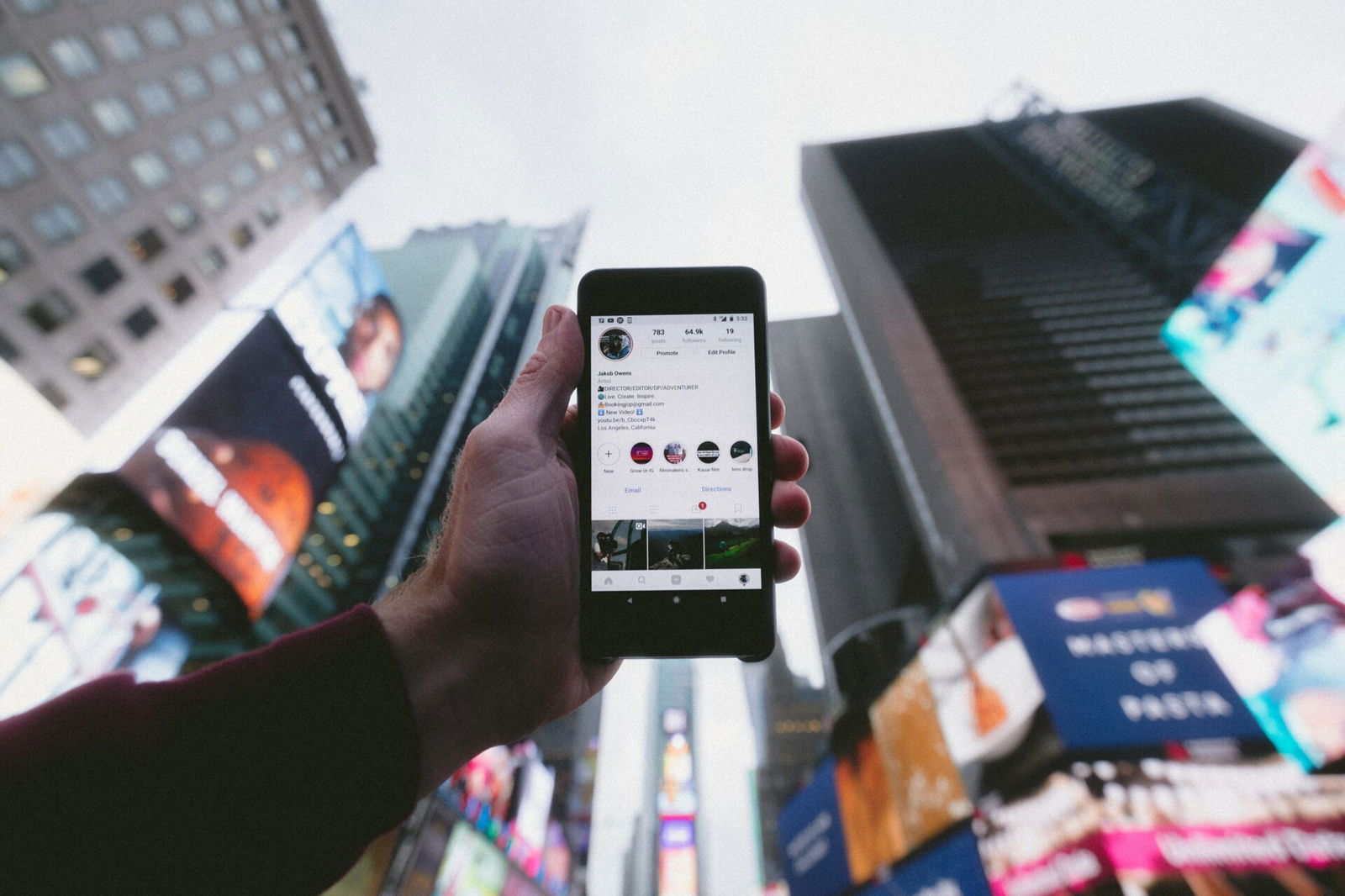
Is 13 Too Young for Social Media? The US Surgeon General Thinks So
By Movieguide® Contributor
US Surgeon General, Vivek Murthy, has said that he believes 13 is too young for children to join social media platforms.
“I, personally, based on the data I’ve seen, believe that 13 is too early, it’s a time where it’s really important for us to be thoughtful about what’s going into how they think about their own self-worth and their relationships and the skewed and often distorted environment of social media often does a disservice to many of those children,” Murthy said.
Many large social media platforms such as Meta and Twitter currently allow users to join their platforms at the age of 13. With little regulation when it comes to age, these companies have no real incentive not to allow younger kids to join, especially when their competitors are.
Murthy had sympathy for parents, acknowledging that limiting social media use is not a simple task. He suggested parents may have to unite to protect their children from social media.
“If parents can band together and say you know, as a group, we’re not going to allow our kids to use social media until 16 or 17 or 18 or whatever age they choose, that’s a much more effective strategy in making sure your kids don’t get exposed to harm early,” Murthy said.
Another avenue for success could come from forcing lawmakers to hold technology companies accountable for the risks they are exposing children to. This is a front where progress has already been made. In December 2022, lawmakers in Texas proposed a bill restricting anyone younger than 18 from using social media.
Movieguide® previously reported:
Texas State Rep. Jared Patterson (R) recently proposed a new bill that would ban anyone below the age of 18 from using social media.
The legislation is an effort to help combat high statistics in depression and anxiety from minors and could soon go to voting.
“Once thought to be perfectly safe for users, social media access to minors has led to remarkable rises in self-harm, suicide, and mental health issues,” Patterson said according to KDFW-TV.
“The Texas legislature must act this session to protect children because, thus far, the social media platforms have failed to do so. HB S76 is a solution to this crisis,” the legislation reads.
Greg Sindelar, CEO of the Texas Public Policy Foundation, backed the aggressive legislation noting that the harmful effects that social media has on minors are “demonstrable not just in the internal research from the very social media companies that create these addicting products, but in the skyrocketing depression, anxiety, and even suicide rate we are seeing afflict these children.”
Thankfully, concerns about this topic are being expressed by both sides of the aisle. Democratic Senator Chris Murphy, who joined Murthy in a CNN interview expressed concern about social media’s isolating effects.
“We have lost something as a society, as so much of our life has turned into screen-to-screen communication, it just doesn’t give you the same sense of value and the same sense of satisfaction as talking to somebody or seeing someone,” Murphy said.
While addiction to social media can affect anyone, due to their brains still developing, teens are at an elevated risk.
“When we do things that are addictive like use cocaine or use smartphones, our brains release a lot of dopamine at once. It tells our brains to keep using that,” psychiatrist Dr. Adriana Stacey said, “For teenagers in particular, this part of the brain is actually hyperactive compared to adults. They can’t get motivated to do anything else.”
Asking teens to fight these addictions on their own is asking them to resist overwhelming biological urges that they have little to no control over. Social media platforms are currently incentivized to exploit and reinforce these urges, as addictive algorithms generate more revenue for these companies.
“[It’s] just not a fair fight,” Murphy told CNN, “You have some of the best designers and product developers in the world who have designed these products to make sure people are maximizing the amount of time they spend on these platforms. And if we tell a child, use the force of your willpower to control how much time you’re spending, you’re pitting a child against the world’s greatest product designers.”
In the same way that we protect children from being physically exploited, it’s time to start protecting children from being mentally exploited by the digital world.
Reflecting on history, Murphy sees hope in resolutions to similar problems.
“None of this is out of our control. When we had dangerous vehicles on the road, we passed laws to makes those vehicles less dangerous. We should make decisions to make [social media] a healthier experience that would make kids feel better about themselves and less alone.”
Movieguide® has previously cautioned parents of the dangers of social media. From exposure to inappropriate content to increased suicide and depression rates there are irrefutable negatives to social media use. However, Movieguide® believes it is a better long-term plan to teach children, once they reach an appropriate age, to think critically about the media they consume, rather than shelter them from all movies, TV shows, and social media platforms.
Movieguide® Founder and CEO Ted Baehr has dedicated his life to teaching parents how to practice discernment when it comes to media and their kids. Two of his books, “The Media-Wise Family” and “The Culture-Wise Family” are great resources for parents to understand how to navigate these tricky times.
Those interested in doing more research on protecting their children in a digital age should click here.
Questions or comments? Please write to us here.


 - Content:
- Content: 

